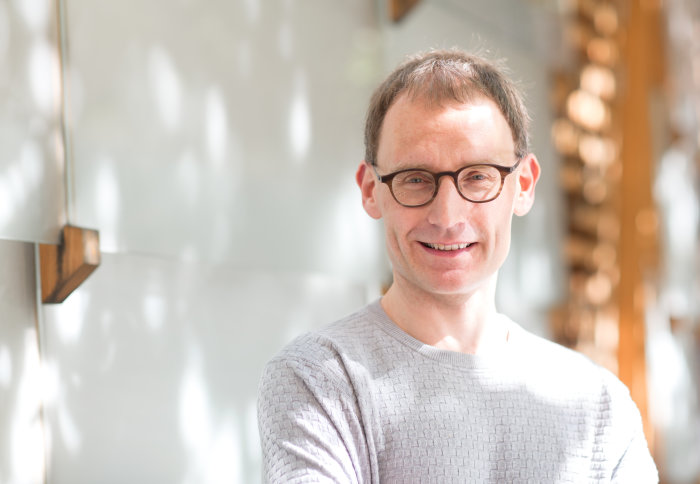Vice-Dean recognised as International Fellow of the National Academy of Medicine
by Jack Stewart

Professor Neil Ferguson
Professor Neil Ferguson has been elected as an International Member of the National Academy of Medicine.
Professor Ferguson, Director of the Abdul Latif Jameel Institute for Disease and Emergency Analytics (J-IDEA), Head of the Department of Infectious Disease Epidemiology in the School of Public Health and Vice-Dean for Academic Development in the Faculty of Medicine, has been named among 10 new international members of the National Academy of Medicine, alongside the election of 90 regular members.
The National Academy of Medicine has recognised Professor Ferguson for "major contributions that help our understanding of the epidemiology, evolution, and control of emerging infectious diseases and to the statistical and mathematical methods required to analyze and understand new infectious disease outbreaks."
Professor Ferguson said: “Having worked closely with fellow scientists and policy-makers in the United States for many years, it is a particular pleasure and privilege to be honoured by the National Academy of Medicine in this way.”
Founded in 1970 The National Academy of Medicine (NAM) is one of three academies that make up the National Academies of Sciences, Engineering, and Medicine (the National Academies) in the United States. It has a mission of improving health for all by advancing science, accelerating health equity and providing independent, authoritative, and trusted advice nationally and globally.
Members of the National Academy of Medicine are selected by existing members in recognition of their achievement and contributions to the fields of the medical sciences, healthcare and public health, with only 10 awarded each year to those outside the United States.
Professor Ferguson is an expert in the use of mathematical and statistical modelling to investigate the processes shaping infectious disease pathogenesis, evolution and transmission. He leads both the MRC Centre for Global Infectious Disease Analysis and NIHR Health Protection Research Unit in Modelling Methodology at Imperial College London.
A major focus of his work is on the use of models for contingency planning tools for emerging health infections such as Zika, Ebola, MERS and pandemic influenza as well as bioterrorist threats and livestock outbreaks. He advises the UK and US governments, World Health Organization and the EU on infectious disease epidemiology, modelling and control.
In 2002 Professor Ferguson was awarded an OBE for his work developing mathematical models of the foot and mouth epidemic which helped shape the measures adopted to control the outbreak. He is also a Senior Investigator of the National Institute of Health Research and a Fellow of the UK Academy of Medical Sciences.
Professor Jonathan Weber, Dean of the Faculty of Medicine: “The Faculty of Medicine is immensely proud of Neil Ferguson’s election to the US National Academy of Medicine; this is a most prestigious international recognition of Neil’s extraordinary contribution to global health and the control of infectious diseases. Although only 10 awards are made annually internationally, Imperial College can now boast five of these international members, the most of any UK University.”
Rapid Responses to Global Health Crises
Professor Ferguson is the first Director of J-IDEA, the Abdul Latif Jameel Institute for Disease and Emergency Analytics, which launched at Imperial last week. The new institute brings together the world’s foremost epidemiologists, biostatisticians, medics and data scientists to rapidly respond to emergencies such as epidemics, extreme climate events, and natural and humanitarian disasters.
J-IDEA, which was co-founded by Community Jameel, will be embedded in Imperial College’s London’s new School of Public Health at White City. It will tackle crises, such as Ebola and MERS, alongside longer-term global priorities, including the impact of climate change on health, using cutting-edge data science and public health research to deliver policy insights.
Article text (excluding photos or graphics) © Imperial College London.
Photos and graphics subject to third party copyright used with permission or © Imperial College London.
Reporter
Jack Stewart
School of Public Health